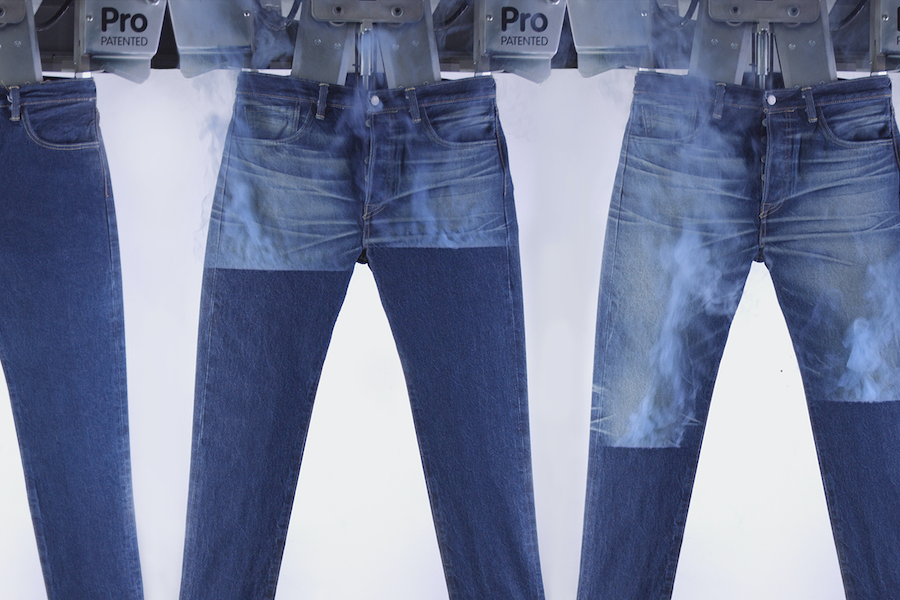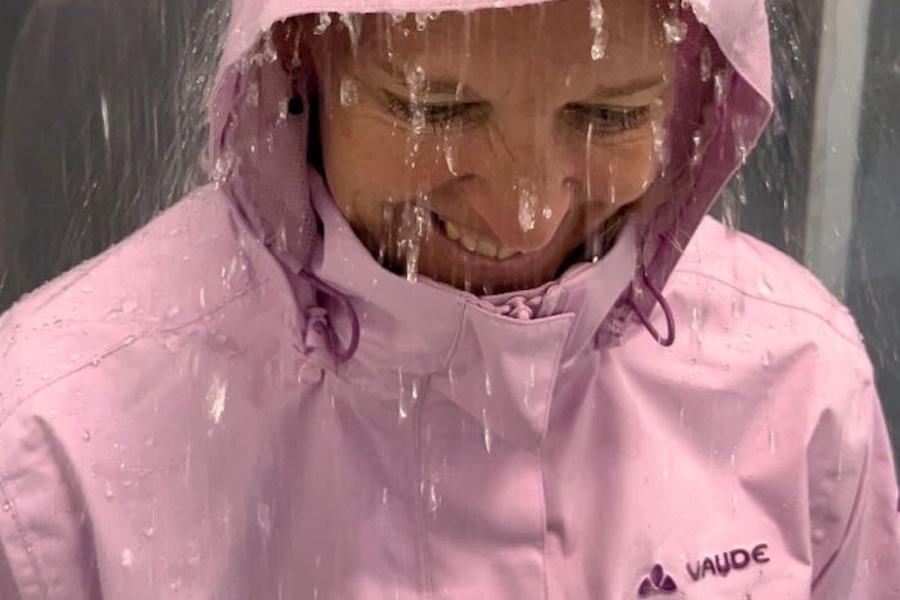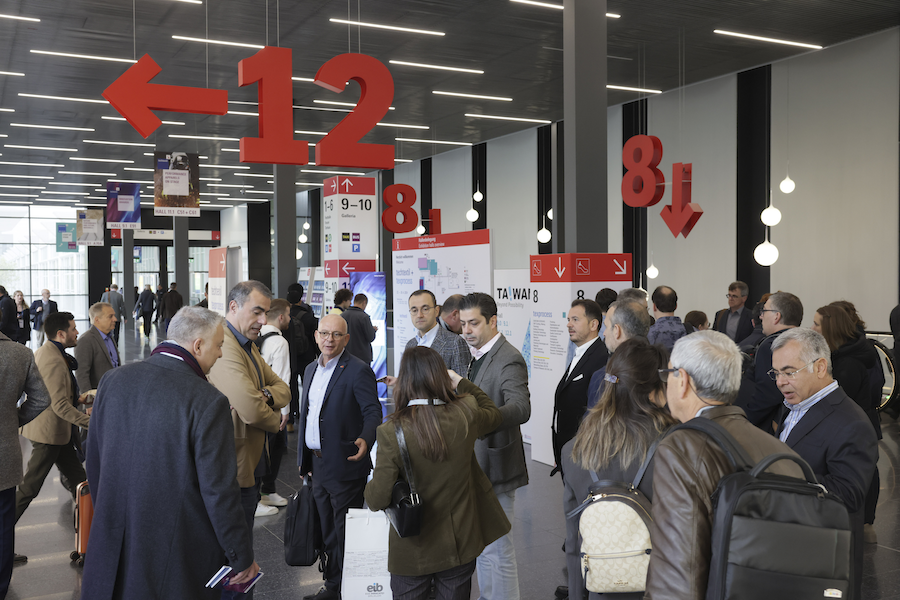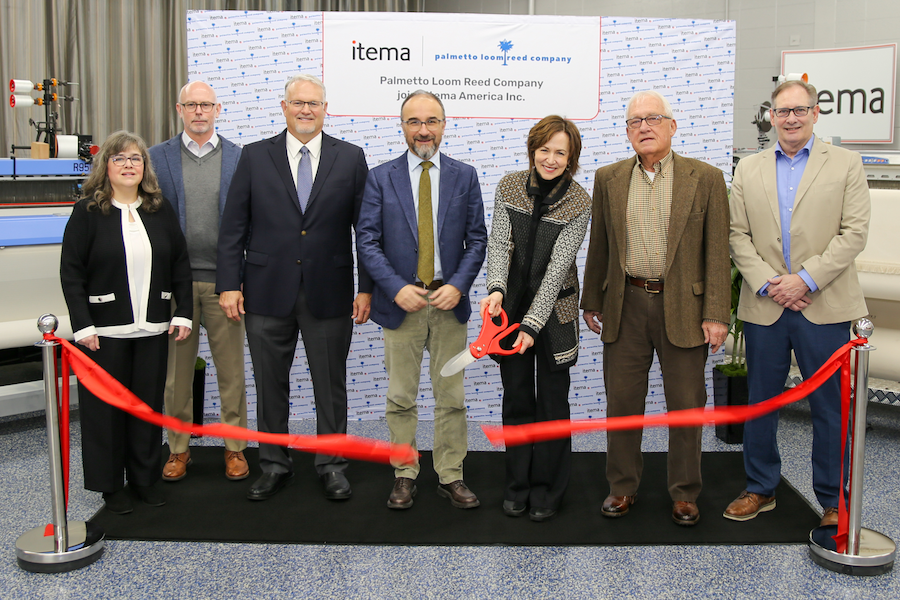#Sustainability
Grüner Knopf („the green button“)
Announcement and invitation to participate in the launch of the Grüner Knopf certification mark
What is the Grüner Knopf certification mark?
The Grüner Knopf certification mark is a global certification mark under state supervision. It identifies socially and environmentally manufactured textiles placed on the market by companies that operate responsibly.
Which companies can apply for the Grüner Knopf certification mark?
The Grüner Knopf certification mark scheme is open to all companies producing and/or selling textiles. This includes manufacturing companies and trade companies that sell third-party products under their own brand name. The scheme is not open to companies that merely act as agents for third-party products without being responsible for the products.
The Annex includes a detailed overview of the classes of goods included in the scheme.
Who is behind the Grüner Knopf certification mark?
The Germany Federal Ministry for Economic Cooperation and Development (BMZ) is the certi- fication mark owner. It stipulates the criteria and conditions for the Grüner Knopf certification mark. A Gru?ner Knopf certification mark office has been set up at the Deutsche Gesellschaft für Internationale Zusammenarbeit (GIZ) GmbH. Independent assessors will assess compliance with the criteria for the scheme. Germany’s national accreditation body DakkS will ensure reli- able assessment. Successful applicants will be awarded the Gru?ner Knopf certification mark on behalf of BMZ.
What role does the Grüner Knopf certification mark scheme play in public procurement?
Grüner Knopf certification mark certification follows international, harmonised ISO standards. This makes the Grüner Knopf certification mark scheme suitable for sustainable public pro- curement within the European Union (EU).
What does the Grüner Knopf certification mark require of companies and their products?
The Grüner Knopf scheme is the first state-supervised certification mark that sets require- ments for both products (e.g. fashion and household textiles) and companies.
All products must comply with 26 social and environmental requirements. Compliance with product criteria is assessed using recognised and reliable existing certification marks.
Companies are also required to demonstrate their due diligence in human rights and environ- mental issues as measured by 20 criteria. These company criteria are based on the UN Guiding Principles on Business and Human Rights and sector-specific recommendations from the Or- ganisation for Economic Co-operation and Development (OECD).
During the introductory phase, the certification process will be carried out by selected con- formity assessment bodies that are accredited in other areas in close consultation with, and under the supervision of, DAkkS.
Which parts of the supply chain does the Grüner Knopf certification mark scheme cover?
During the introductory phase, the Grüner Knopf scheme will apply to two manufacturing stages, ‘cut-make-trim’ (production) and ‘bleaching and dyeing’ (wet processes).
Over the coming years, an independent steering committee will help the scheme to develop and extend its applicability to additional manufacturing stages. One of the criteria it seeks to apply is payment of a living wage.
What specific conditions will be in force during the introductory phase?
Why is the Grüner Knopf scheme being launched with an introductory phase?
The introductory phase will run from July 2019 to the end of June 2021. This introductory phase will focus particularly on formulating a conformity assessment programme in consulta- tion with the DAkkS and the accreditation process for the conformity assessment bodies.
Lessons learned during the introductory phase will be used to share experiences with all those involved and to validate and further optimise the process for acquiring the Grüner Knopf cer- tification mark. The certification mark owner, the Grüner Knopf office and conformity assess- ment bodies rely on feedback from the participating companies. For this purpose, companies participating in the introductory phase will be required to support these bodies in the evalua- tion of processes. To increase transparency, conformity assessment reports will be made pub- licly available in an appropriate form. Companies will not be reimbursed for the time and ad- ministrative expense involved in participating in the introductory phase.
How does the application procedure for the introductory phase work?
Grüner Knopf certification involves a three-stage process. Participation in stages 2 and 3 is conditional on successful completion of the preceding stage.
1. Application
- The company submits an informal application to the Grüner Knopf office.
- The Grüner Knopf office checks the company’s eligibility (see ‘Which companies can apply for the Grüner Knopf certification mark ?’).
- The Grüner Knopf office offers the company an advisory call on preparing for the conformity assessment. The company prepares in detail for assessment.
2. Initial conformity assessment by an independent conformity assessment body
- The Grüner Knopf office allocates an independent conformity assessment body to the company.
- The company concludes a conformity assessment contract with the conformity assessment body.
- The conformity assessment body oversees compliance with all company criteria and – on the basis of existing certification mark s – compliance with product criteria.
3. Conclusion of a licence agreement
- If the conformity assessment of the company and the product(s) is satisfactory, the company signs a licence agreement with the Grüner Knopf office.
- Throughout the validity of a licence agreement, the company may identify assessed products as Grüner Knopf certified.
What costs are involved in applying for the Grüner Knopf certification mark?
During the introductory phase, the certification mark owner makes resources for initial con- formity assessment available (pilot certification). This includes possible advisory services from the Gru?ner Knopf office. The agreements entered into by the company and the conformity as- sessment body stipulate who assumes the costs. Costs incurred after pilot certification (e.g. for monitoring of compliance, recertification and, where appropriate, licencing) are met by the company.
Only limited costs for the introductory phase will be met by the certification mark owner. Ap- proval of participation in the introductory phase is also subject to the conformity assessment bodies having capacity available.
There is no statutory entitlement to approval of free conformity assessment during the intro- ductory phase.
What will companies have to contribute especially during the introductory phase?
Meeting of costs by the Grüner Knopf office during the introductory phase depends on the par- ticipating company being willing to grant the certification mark owner and the office access to the documentation of the initial conformity assessment. This may include scrutiny of documents and processes submitted for conformity assessment and evaluation of indicators for Grüner Knopf certification mark’s company criteria and product criteria. In individual cases, Grüner Knopf office staff and/or the staff of the certification mark owner may be present at conformity assessments. This does not affect the independence of the conformity assessment bodies. Scrutiny of information, documents and conformity assessment processes from the introductory phase are for the sole purpose of enabling the certification mark owner and the Grüner Knopf office to verify and further optimise the conformity assessment schedule and processes involved in certification. Scrutiny is strictly limited to this purpose. The information made available is kept strictly confidential and subject to a special confidentiality agreement between the company, the certification mark owner and the Grüner Knopf office.
To whom should the Grüner Knopf application be sent?
Applications for Grüner Knopf certification should be sent to the Grüner Knopf office:
Geschäftsstelle Grüner Knopf Potsdamer Platz 10
10785 Berlin
Germany
E: info@gruenerknopf.de
















